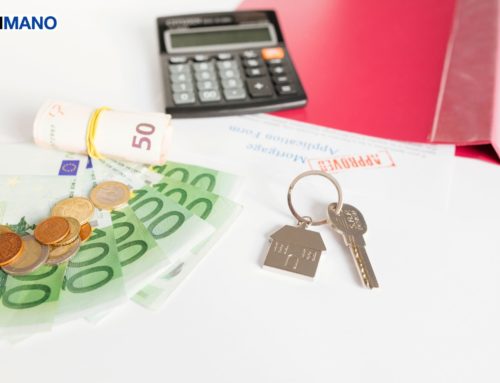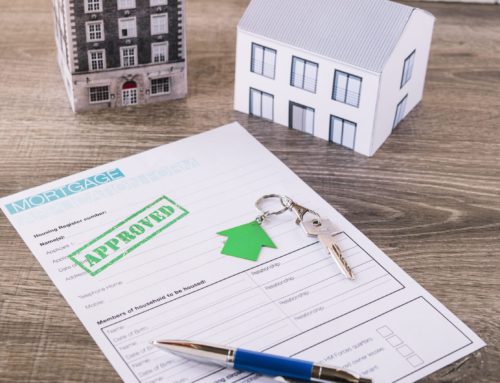Switzerland’s stable economy, high quality of life, and picturesque landscapes make it an attractive destination for homebuyers. Whether you’re a local resident or a foreigner with the appropriate residence permit, purchasing property in Switzerland is a feasible endeavor. This guide provides an overview of the key considerations and steps involved in buying a house in Switzerland.
Understanding Mortgage Options
In Switzerland, obtaining a mortgage is a common method for financing a property purchase. Mortgage interest rates have been favorable in recent years, with fixed-rate mortgages ranging from approximately 1.0% for a 5-year term to 1.5% for a 10-year term. SARON-based mortgages, which are tied to the Swiss Average Rate Overnight, start around 0.9% .
There are primarily two types of mortgages:
- Fixed-Rate Mortgages: These offer a stable interest rate for a predetermined period, providing predictability in monthly payments.
- SARON Mortgages: These have variable interest rates that adjust based on market conditions, potentially offering lower initial rates but with some risk of fluctuation.
Eligibility and Financing Requirements
To qualify for a mortgage in Switzerland, banks typically require:
- Down Payment: A minimum of 20% of the property’s purchase price must be covered by the buyer’s own funds. This can include savings or pension funds.
- Loan-to-Value (LTV) Ratio: Swiss banks usually finance up to 80% of the property’s value.
- Affordability: Monthly mortgage payments, including interest and amortization, should not exceed one-third of the borrower’s gross monthly income .
Foreign buyers with a B or C residence permit are generally eligible for mortgages under the same conditions as Swiss nationals. However, non-residents face additional regulations under the Lex Koller law, which restricts property purchases to primary residences and may require special permits .
The Mortgage Structure
Swiss mortgages are often structured into two parts:
- First Mortgage: Typically covering up to 65% of the property’s value, this portion is usually interest-only and does not require repayment during the mortgage term.
- Second Mortgage: Generally covering the remaining 15%, this part must be repaid over a period of 15 years or by the time the borrower reaches retirement age.
This structure allows for lower initial monthly payments but requires careful planning for future repayment.
Tax Implications and Deductions
Owning property in Switzerland has tax implications. Homeowners are subject to:
- Wealth Tax: Based on the property’s value.
- Imputed Rental Income Tax: Estimated income as if the property were rented out.
However, mortgage interest payments and maintenance costs are deductible from taxable income, potentially reducing the overall tax burden .
Working with Mortgage Brokers
Navigating the Swiss mortgage landscape can be complex, especially for first-time buyers or non-residents. Engaging with an English-speaking mortgage broker can provide valuable assistance. These professionals can help compare offers from various lenders, negotiate favorable terms, and guide you through the application process. Companies like Hypo Advisors offer tailored services to meet individual needs .
Conclusion
Buying a house in Switzerland is a significant financial commitment that requires careful planning and understanding of the local mortgage system. By considering your eligibility, financing options, and the associated costs, you can make informed decisions that align with your long-term goals. Consulting with a mortgage broker can further ease the process, ensuring a smooth and successful property purchase.






